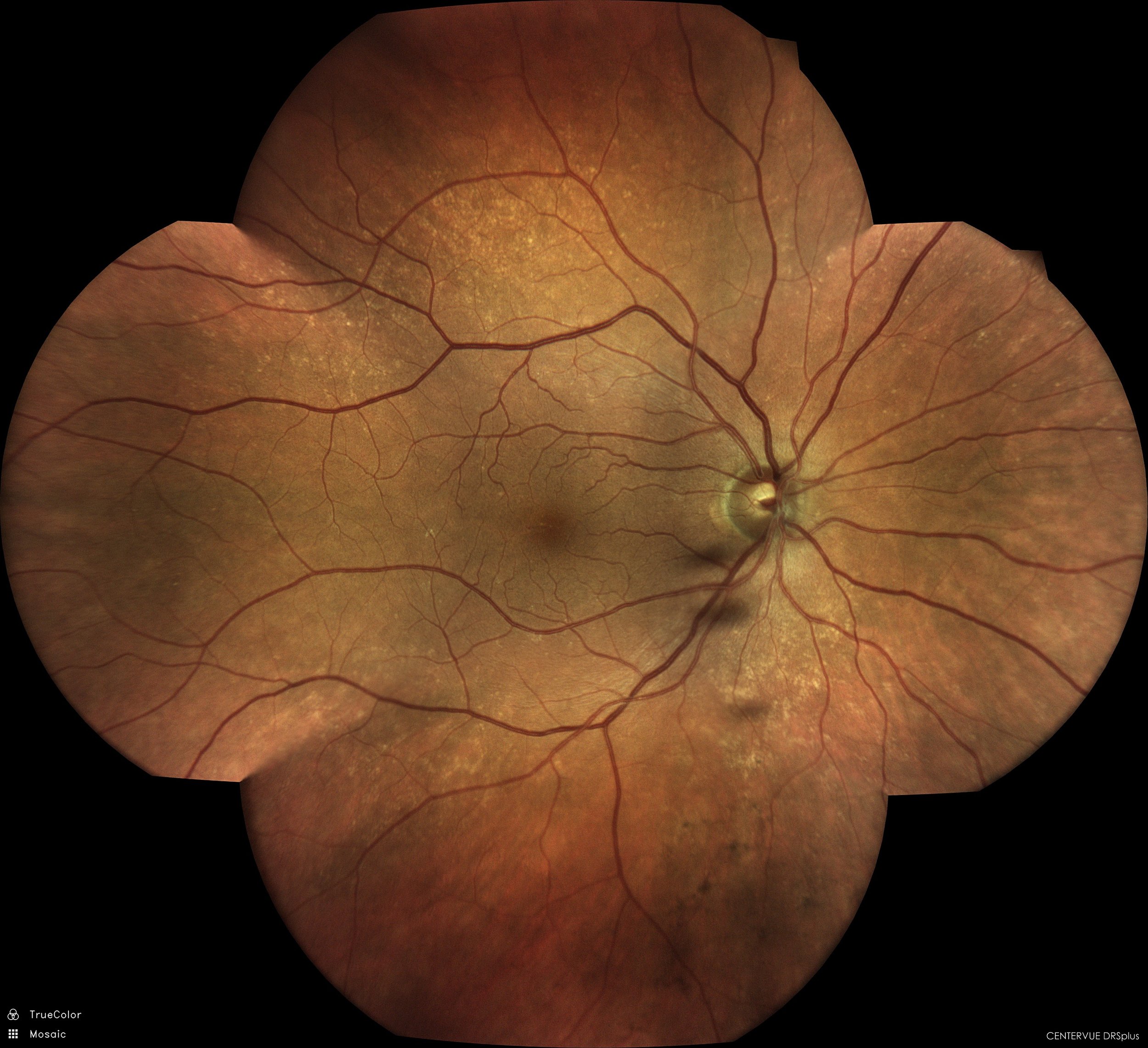Flashes and Floaters - should I be concerned?
In the last week I have seen two patients who have presented with either seeing flashes of light in their vision or floaters that have not come from an external source. When a patient presents with either symptom there is always a concern as to whether there is a retinal tear or hole or detachment that has occurred or is progressing. In both cases I dilated the pupils of both patients to extensively view the eyes as well as utilising retinal digital imaging available at The Eyecare Spot ascertained that one patient had small vitreous floaters which were distracting to her as she works in a brightly lit work environment with frequent eye movements which then cause the floaters to move. In the other patient’s case she had a posterior vitreous detachment that causes the initial flashes and the flashes cease once the vitreous gel in the eye has separated from the retina leaving the retina intact with the formation of a large floater.
The question is, what are flashes and floaters? Flashes are aberrations of light that are seen in a person’s gaze and can be of varying sizes, colours, frequency and duration.1 Floaters are caused by particles or debris in the vitreous gel in the eye that cause shadows and are more noticeable in brightly lit environments.1 The most common cause of a floater is a posterior vitreous detachment with the separation of the vitreous gel from the retina.2,3 A posterior vitreous detachment should always be closely monitored as a significant proportion of patients can develop an associated retinal tear and detachment leading to permanent vision loss if left untreated.3 For this reason I explained to my patient that if she notices flashes, new floaters or loss of peripheral vision to see me immediately or present to Sydney Eye Hospital if outside of normal opening hours. I had scheduled a review in 3 months however an earlier appointment can be scheduled if there is an increased risk of retinal tear or detachment such as retinal or vitreous haemorrhage.4
The take home message is that if you experience seeing flashes, floaters or sudden loss of your peripheral vision, you need to be examined immediately, the majority of cases are either vitreous floaters or a posterior vitreous detachment which are not sight threatening however examination is required to look for a retinal hole or tear or detachment which are sight threatening and treatment in an urgent time frame is required. If further assessment and treatment is required, a prompt referral to a retinal specialist may be necessary.
Sharma P, Sridhar J & Mehta S. Flashes and Floaters. Prim Care. 2015 Sep;42(3):425-35. doi:10.1016/j.pop.2015.05.011. PMID: 26319347
Bergstrom R, Czyz CN. Vitreous Floaters. 2022 Jan 31. In: StatPearls Publishing; 2022 Jan-. PMID: 29262091.
Hollands H, Johnson D, Brox AC, Almeida D, Simel DL, Sharma S. Acute-onset floaters and flashes: is this patient at risk for retinal detachment?. JAMA 2009 Nov 25;302(20):2243-9. doi: 10.1001/jama.2009. 1714. PMID:19934426.
Schweitzer KD, Eneh AA, Hurst J, Bona MD, Rahim KJ, Sharma S. Predicting retinal tears in posterior vitreous detachment. Can J Ophthalmol. 2011 Dec;46(6):481-5. doi:10.1016/j.jcjo.2011.09.010. PMID: 22153633.


